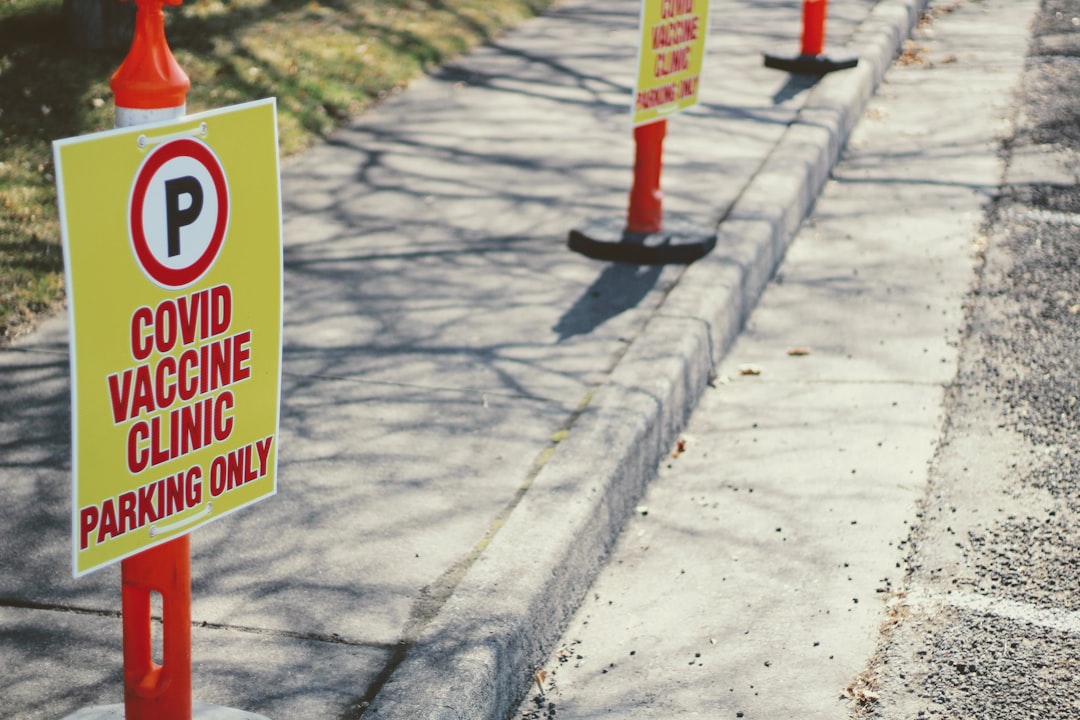### Pandemic Parlance: How COVID-19 Changed Our Everyday Vocabulary
#### I. Introduction
The COVID-19 pandemic has significantly impacted our daily lives, introducing a plethora of new words and phrases that have become an integral part of our vocabulary. These terms, once foreign or hardly used, are now essential for navigating the complexities of the global crisis. As Nicholas Pici, a lecturer in the University of Miami College of Arts and Science’s Writing and Composition Program, noted, “This has really shown that language matters, that language is powerful.” The rapid adoption of these terms reflects the flexibility and adaptability of human language, particularly in English.
#### II. New Vocabulary
1. **Isolation**: The process of separating oneself from others, often due to health concerns.
2. **Community Spread**: The transmission of a disease within a community, rather than through direct contact with an infected individual.
3. **Transmission**: The process by which a disease is spread from one person to another.
4. **Incubation Period**: The time between exposure to a virus and the onset of symptoms.
5. **Fatality Rate**: The percentage of people who die from a disease.
6. **Asymptomatic**: Individuals who carry the virus but do not exhibit symptoms.
7. **Ventilator**: A machine used to support breathing in patients with severe respiratory issues.
8. **Quarantine**: A period of isolation for individuals who have been exposed to a contagious disease to prevent the spread of infection.
#### III. Social and Policy Terms
1. **Social Distance**: Maintaining a safe distance from others to prevent the spread of disease.
2. **Shutdown Order**: An official directive to close businesses and restrict public activities.
3. **State of Emergency**: A declaration by the government to mobilize resources and take extraordinary measures to address a crisis.
4. **Contact Tracing**: The process of identifying and tracking individuals who have been in close contact with someone infected with a disease.
5. **Essential Businesses**: Businesses that provide essential services and are allowed to remain open during a lockdown or other restrictions.
6. **Flattening the Curve**: Strategies to slow the spread of a disease to prevent overwhelming healthcare systems.
#### IV. Acronyms and Phrases
1. **PPE (Personal Protective Equipment)**: Items such as masks, gloves, and gowns used to prevent the transmission of diseases.
2. **WFH (Work from Home)**: The practice of working remotely from home, often due to lockdowns or other restrictions.
3. **Quaranteams**: Virtual teams formed during lockdowns to maintain productivity and collaboration.
4. **Covidiots**: Individuals who ignore public health advice and engage in behaviors that increase the risk of spreading the virus.
#### V. Humorous Terms
1. **Quarantini**: A martini-like drink for those in quarantine.
2. **Coronial**: A term used to describe children conceived during the COVID-19 pandemic.
3. **Covidivorce**: Divorces that occur as a result of the stay-at-home order.
4. **Coronacation**: An extended homebound vacation due to the pandemic.
5. **Covid-10**: A play on the “freshman 15,” referring to the 10 pounds people may gain while on stay-at-home orders.
#### VI. Plain Language Glossary
The National Adult Literacy Agency (NALA) has compiled a list of COVID-19 terms with plain English explanations. These include:
– **Contact Tracing**: Identifying individuals who have been in close contact with someone infected.
– **Contagious**: A disease that can be spread from one person to another.
– **Containment Phase**: Steps taken to prevent the virus from spreading.
– **Infodemic**: An overabundance of information, some accurate and some not, which can make it hard to find trustworthy sources.
#### VII. Conclusion
The COVID-19 pandemic has accelerated the evolution of our language, introducing new terms that reflect the challenges and adaptations we have faced. These words and phrases not only help us understand the complexities of the virus but also serve as a testament to human resilience and adaptability. As we continue to navigate this new normal, it is essential to recognize the power of language in shaping our responses to crises.
### Additional Resources
– **BBC News: COVID-19 Pandemic** – A comprehensive overview of the pandemic’s impact and responses worldwide.
– **YouTube: Understanding COVID-19** – A video explaining the basics of the virus and its transmission.
### References
1. **News.Miami.edu: Pandemic Popularizes a Plethora of Words, Phrases** – An article discussing the rapid adoption of new terms during the pandemic.
2. **MyBuckhannon.com: Finding the Right Words: A Look at New Vocabulary We’ve All Learned in the Era of COVID-19** – A look at humorous and colloquial terms that have emerged.
3. **Nala.ie: Coronavirus (COVID-19) Words and Terms Explained in Plain English** – A glossary of COVID-19 terms with plain English explanations.
4. **Acl.gov: Words To Know About the Coronavirus in Plain Language** – A guide to understanding COVID-19-related terms in plain language.
5. **TheConversation.com: Coronavirus has led to an explosion of new words and phrases** – An article discussing the linguistic innovations during the pandemic.
—
### Image 1: Pandemic Life

### Image 2: Social Distancing







